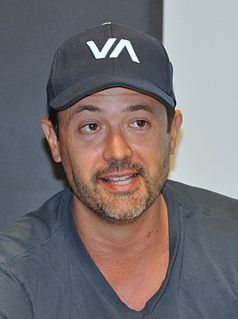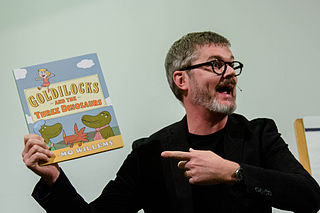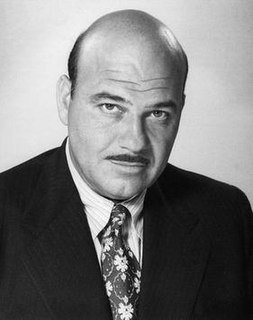A Quote by Stephan Pastis
Basically, I learned to read by reading 'Peanuts,' just wanting to know what they were saying. I was 4 or 5 or whatever. I think it's a fairly common story.
Related Quotes
I've learned mainly by reading myself. So I don't think I have any original ideas. Certainly, I talk about reading Graham. I've read Phil Fisher. So I've gotten a lot of my ideas from reading. You can learn a lot from other people. In fact, I think if you learn basically from other people, you don't have to get too many new ideas on your own. You can just apply the best of what you see.
The common thread of the series is that these are the books that Elephant and Piggie like to read. Elephant and Piggie are retired, so this is what they do in their spare time. What will they end up wanting to read? Time will tell. We've got to let that evolution happen as the series goes on. Any return of a character would have to be organic, would have to be, for example, Laurie Keller saying, hey, I really want to do this, and me feeling that there's a story there, rather than just saying, yeah, we can get three books out of these characters.
In reading a novel, any novel, we have to know perfectly well that the whole thing is nonsense, and then, while reading, believe every word of it. Finally, when we're done with it, we may find - if it's a good novel - that we're a bit different from what we were before we read it, that we have changed a little... But it's very hard to say just what we learned, how we were changed.
My mother lived her life through movies and books - she read everything there was to read. And she read to me every night. I never went to sleep without her reading to me. And she fantasized about the book and she would talk about it, the place, and you would think that after she read the book and after she told you stories about it, that she had actually been there. I learned about story from her, and I learned the value of a great story, and the value of great characters.
All spiritual growth comes from reading and reflection. By reading we learn what we did not know; by reflection we retain what we have learned. The conscientious reader will be more concerned to carry out what he has read than merely to acquire knowledge of it. In reading we aim at knowing, but we must put into practice what we have learned in our course of study.
Wanting to know absolutely what a story is about, and to be able to say it in a few sentences, is dangerous: it can lead us to wanting to possess a story as we possess a cup... A story can always break into pieces while it sits inside a book on a shelf; and, decades after we have read it even twenty times, it can open us up, by cut or caress, to a new truth.
It's hard to tell if anyone's interested in reading a serialized story. But it's interesting to put in a cliffhanger each week. That was popular in old comic strips. They'd write a weekend story different from the daily strip. So people follow one story day to day, and a separate story on weekends. If you read them, you think "I'll read two more." Then you're like "I gotta find out!" And you read 500 more.
I want to write something so simply about love or about pain that even as you are reading you feel it and as you read you keep feeling it and though it be my story it will be common, though it be singular it will be known to you so that by the end you will think— no, you will realize— that it was all the while yourself arranging the words, that it was all the time words that you yourself, out of your heart had been saying.


































